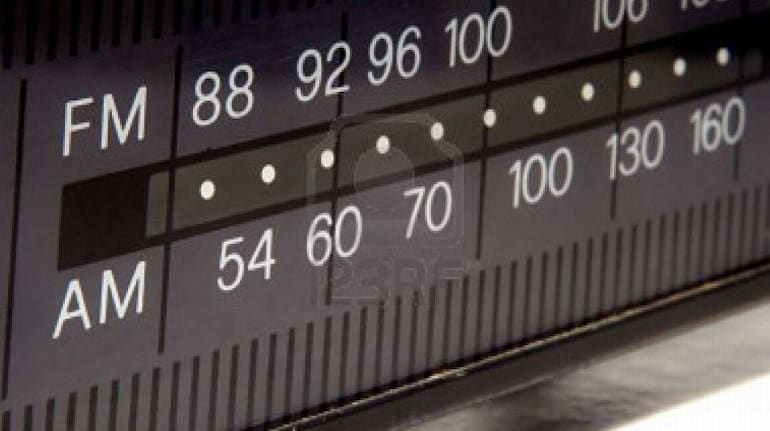



Now, every time a song is played on any of the radio stations, the broadcaster will pay royalties to the creators of the music which include the writers and composers.
In a judgement on December 31, Intellectual Property Appellate Board (IPAB) upheld the rights of the Indian Performing Right Society Limited (IPRS) and its lyricist, music composer and music publisher members, to claim royalties in respect of the broadcast of lyrics and music underlying sound recordings by FM radio stations in India.
Throwing more light on what the judgement includes, Rakesh Nigam, CEO, IPRS, said that the tribunal has fixed separate rates for sound recording and literary work.
In addition, there are different rates for songs being played during different times of the day as well rates differ in terms of markets.
So, if a song is played on a metro-FM channel the rate decided is Rs 750/hour; for non-metro FM the rate is Rs 650 per hour. For A+ cities like Mumbai, a full rate is charged. For Tier A, B, C, D markets, the rate reduces by 20 percent, 40 percent, 60 percent and 80 percent respectively.
While Nigam said that contribution of radio to overall royalty revenue may not be big, the fact that a revenue which was not there is now being offered to IPRS members will encourage more music creators to join IPRS.
In the last two years, IPRS has been able to add as many as 2,500 members. It has some prominent names like Saregama, Anup Jalota, among others.
According to Nigam, for underlying work, IPRS could get around Rs 10 to Rs 20 crore worth of royalty from radio broadcasters. And this amount will mean good addition to overall royalty numbers especially after the COVID-19 impact on live performances.
"We used to get 30 to 35 percent from events but that would fall by 80 to 90 percent as live events halted due to coronavirus-led lockdown. Also, events are happening online but not many are getting monetised," said Nigam.
In FY19-20, IPRS got Rs 512 million from public performances and Rs 490 million from TV broadcasting, among others.
Overall, IPRS distributed a record-breaking Rs 1,400 million royalties to its members in 2019-2020, claimed Nigam.
And for last year, Nigam is betting big on income (royalties) coming from the digital medium.
"Everything is shifting to digital. So, everyone's income from TV and radio will go down and digital revenues will go up. Now, authors and composers have rights to get royalties even for films shown on over-the-top (OTT) platforms," he added.
A look at IPRS' annual report shows that gross income from licence fees in FY 19-20 amounted to Rs 17,258 lakh compared to the previous year’s gross income of Rs 16,610 lakh, resulting in a modest growth of 3.9 percent.
"However, this growth in income needs to be seen in the context of a robust income from streaming platforms, especially from YouTube. The first full-year revenue attribution on YouTube platform has created a strong base for incremental income to be achieved in subsequent years," the report said.
Discover the latest Business News, Sensex, and Nifty updates. Obtain Personal Finance insights, tax queries, and expert opinions on Moneycontrol or download the Moneycontrol App to stay updated!
Find the best of Al News in one place, specially curated for you every weekend.
Stay on top of the latest tech trends and biggest startup news.